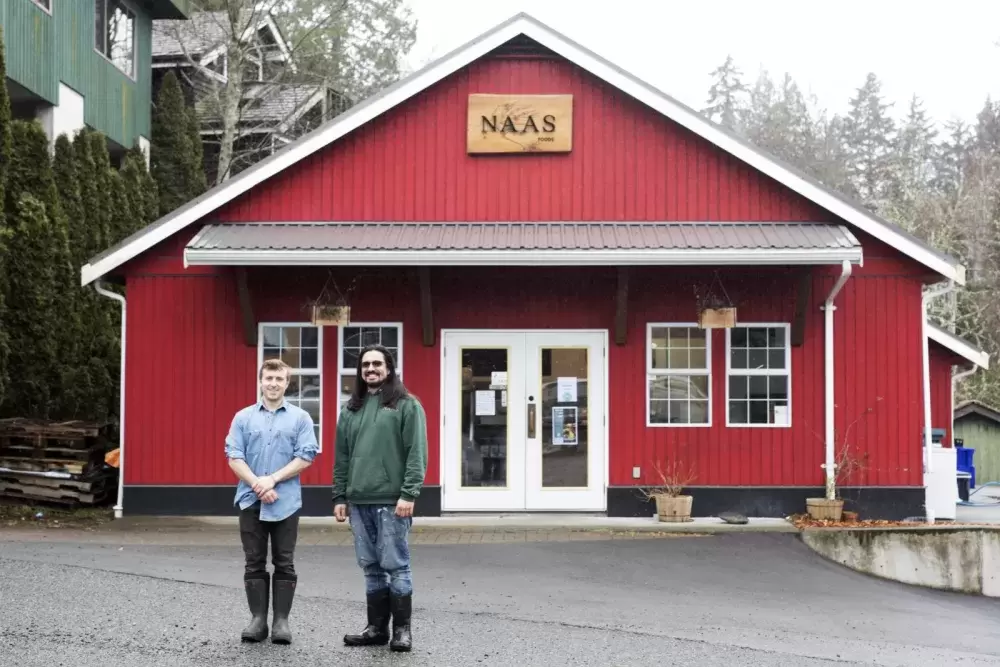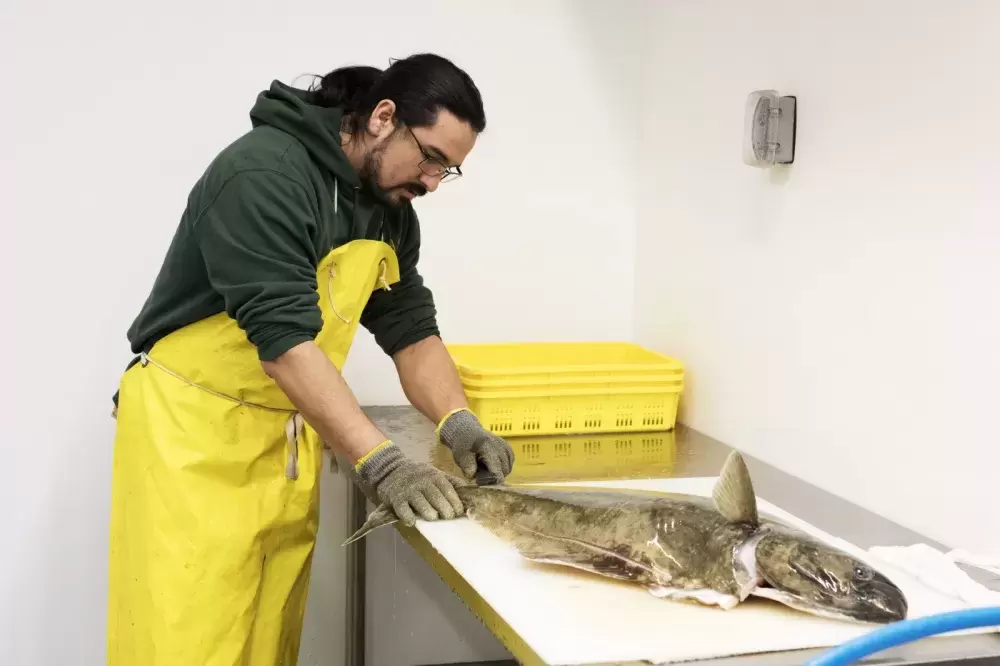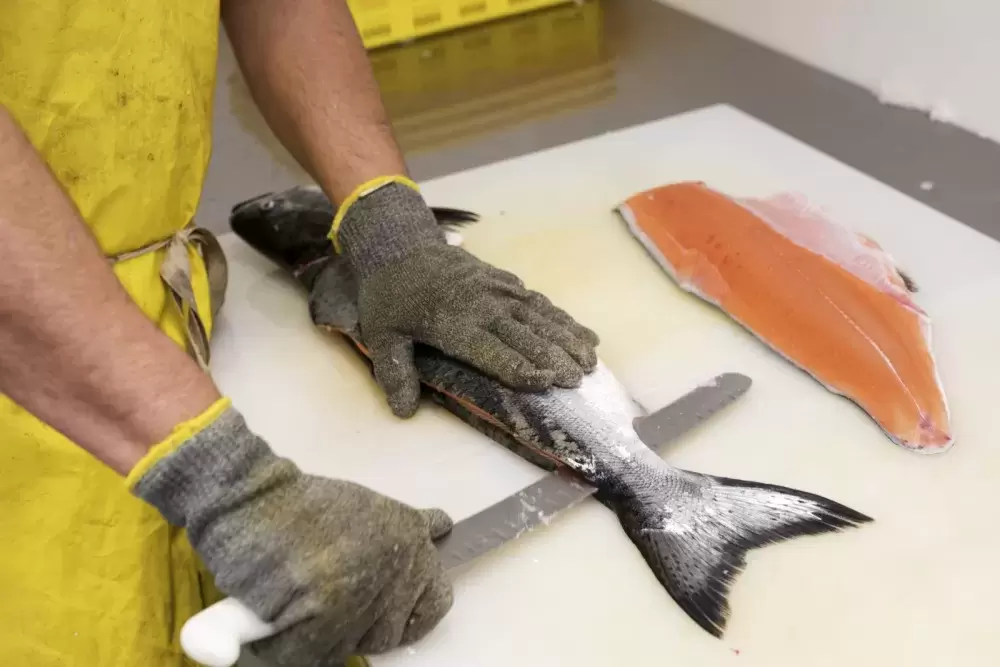On Jan. 26 businesses across Vancouver Island gathered at the Nanaimo conference center to celebrate excellence in their respective industries. Among them were Nuu-chah-nulth owned Naas Foods and Čims Guest House.
Stevie Dennis, a member of Ahousaht First Nation, co-founder and owner of Naas Foods, was shocked when he found out they won in the Food and Beverage Category.
“I’d say it is a result and proof of all our hard work,” said Dennis. “We’ve been working pretty hard out here on the coast, and working with kelp for about four and a half years now.”
Naas Foods opened its doors in 2020, offering organic kelp products harvested from Clayoquot Sound.
“If it's Tofino, the community that I'm living in, or if it's Ahousaht, in the territory that we're harvesting in, you know, people are pretty happy to support us,” said Dennis.
Dennis explains that one of the reasons not a lot of young people are getting into the seafood industry is due to a trend encouraging people to their earn income digitally. But with Naas foods, Dennis explains, they work on the water, getting their hands dirty, and processing.
“In our experience marketing has been challenging, getting people to be comfortable with eating kelp,” explained Dennis. “The easiest way is just to get people to try it… you can see their culinary imagination starting to run.”
Naomi Nicholson, Tseshaht member and owner of Čims Guest House, said that her goal of the evening was to network with at least five people at the event.
“I can tell you that I absolutely convinced myself that we were just not going to win,” said Nicholson. “I was quite stunned, and it took me a couple of seconds for [it] to actually compute that they said our name.”
Čims Guest House, operating since 2018, won in the Hospitality and Tourism category.
With Nicholson’s background as a certified First Host Indigenous Customer Service Trainer, she was inspired to Indigenize Čims Guest House by teaching people Nuu-chah-nulth words, wearing and becoming their brand.
“Now that we have tiny homes, our marketing is definitely changing to corporate clientele,” said Nicholson. “And people from Germany and Europe, because they absolutely love Indigenous-designed experiences.”
Nicholson explains that some of the biggest challenges she faced was operating her business on the reserve. Due to the location, financing is only obtainable from an Aboriginal financial institution or a Nuu-chah-nulth economic cooperation, explained Nicholson.
“I owe my bankers, Nuu-chah-nulth Economic Development Corporation (NEDC), everything that we have, because they are the only place that we can get financing,” said Nicholson in her acceptance speech.
“It's harder, [as] Indigenous, to prove that ‘my business is worthy,’ unless I can be the most flawless business I can be,” she added. “We’re under a different microscope.”



